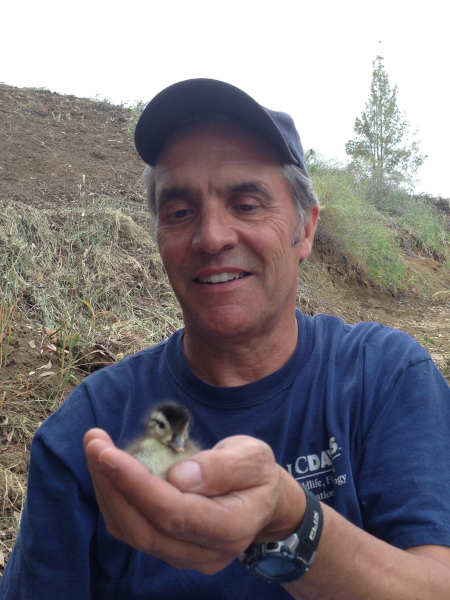
NORTHERN CALIFORNIA — Tuleyome’s next “Nature and You” lecture on Thursday, Aug. 26, will focus on wood ducks.
“Sleuthing into the Secret Lives of Wood Ducks” will take place at 7 p.m. via Zoom.
A $10 donation to Tuleyome is requested, but is not required to participate in this event.
You must register on the event page from http://tuleyome.org/events/ (be sure to include your email address). After registering, participants will be sent an email with login information.
Attendees will be able to ask questions via Zoom’s chat feature. For questions contact
Biologists have studied the charismatic wood duck for well over a century. What more could we possibly learn? As it turns out, quite a bit. New technology is revealing a rich and complex social underworld that is proving to be quite astonishing.
Join University of California, Davis Professor Dr. John Eadie to learn about this new research.
His team is employing automatic logging devices (passive integrated transponders, or PIT tags) that record every nest site a female visits, and population-wide genetic analyses of all breeding females and their offspring to follow the breeding behavior and entire life histories of wood ducks on several sites in California.
They are focusing on a particularly curious nesting behavior whereby females lay eggs in the nests of other females in the same population.
Does this behavior add or detract from the survival of females and their young, or the sustainability of the population?
Come to the online lecture to hear some new insights into a surprisingly wide range of behavioral interactions among females in this enigmatic species of cavity-nesting duck.
Dr. John Eadie is a professor and the Dennis G. Raveling Chair in the Department of Wildlife, Fish and Conservation Biology at the University of California, Davis.
His research interests include the ecology, conservation and management of waterfowl and wetlands.
His current work focuses on the management and conservation of wetland habitats, breeding waterfowl (mallards and wood ducks) in California, and linking ecological theory to wildlife management and conservation.
He uses a combination of experimental and observational field studies, molecular genetic techniques in the lab, and population modeling approaches in his research.
This lecture is part of the free monthly “Nature and You” lecture series sponsored by Tuleyome, a 501(c)(3) nonprofit conservation organization based in Woodland. The word “Tuleyome” (pronounced too-lee-OME-ee) is a Lake Miwok Indian word that means “deep home place.” The term “deep home place” exemplifies our deep connection to our environment, our communities and our regional public lands.
Tuleyome is a nonprofit, nonpartisan organization that engages in advocacy and active stewardship with diverse communities to conserve, enhance, restore and enjoy the lands in the region.

 How to resolve AdBlock issue?
How to resolve AdBlock issue? 



